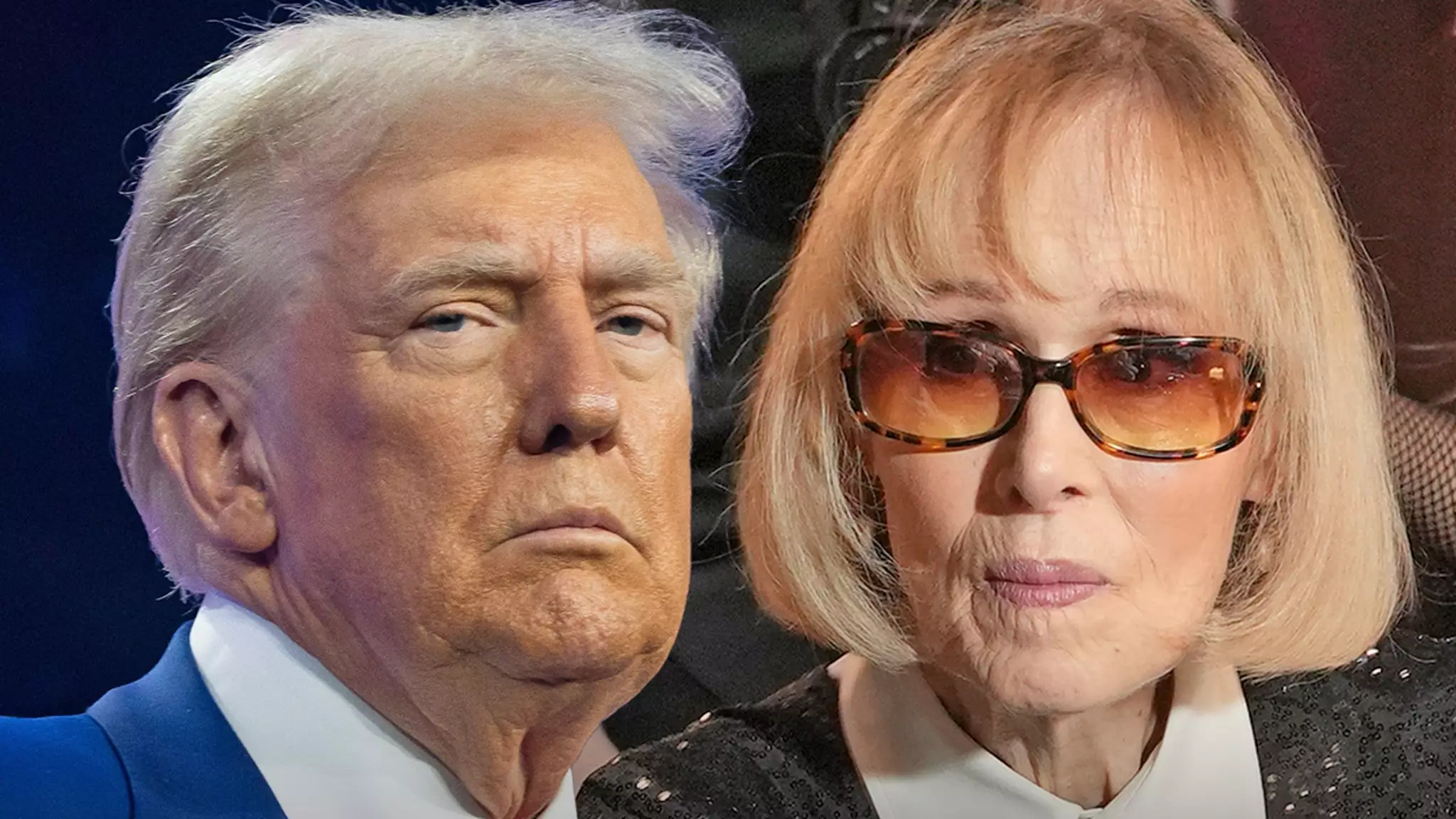In a significant legal decision, the Second Circuit Court of Appeals upheld the jury’s judgment awarding $5 million to E. Jean Carroll after finding Donald Trump liable for sexual abuse. This ruling emphasizes the court’s trust in the original trial judge’s handling of the evidence, asserting that there was no misuse of discretion in the proceedings. The appellate court dismissed Trump’s plea for a new trial, indicating that even if procedural errors were identified, they would not have significantly affected the jury’s verdict due to the robustness of the evidence presented by Carroll.
The controversy dates back to a 1996 incident in a Manhattan department store dressing room, where Carroll accused Trump of rape. She subsequently filed lawsuits for battery and defamation, claiming Trump had harmed her reputation by labeling her accusations as fabrications. In a striking verdict, the jury found Trump accountable for sexual abuse and defamation, although they chose not to classify his actions as rape. These judgments are part of a long-standing, contentious narrative that has seen Trump issuing vehement denials and condemning the claims as a “hoax.”
Trump’s response has been characterized by staunch denial and an adamant assertion of innocence. His spokesperson, Steven Cheung, described Carroll’s lawsuit as a politically motivated attack, part of an agenda that has been labeled as “Witch Hunts” against Trump. Such rhetoric not only positions him as a victim of perceived political conspiracies but also galvanizes his base, who see him as unjustly targeted. Trump’s consistent commitment to fighting these legal battles can be interpreted as an effort to maintain his public image and support. Despite the setbacks, he is reportedly preparing additional appeals against the jury’s decisions.
The ongoing legal drama surrounding Trump and Carroll extends beyond individual accountability; it raises critical questions about the intersection of politics and justice. How do such high-profile cases influence public perception and the political landscape? Carroll’s attorney, Roberta Kaplan, expressed satisfaction with the recent court decision, reaffirming the legal system’s role in addressing allegations of misconduct, irrespective of the stature of the accused. This case serves as a litmus test for societal attitudes towards sexual assault allegations against powerful figures, potentially affecting future litigation and societal responses.
As the legal battles continue, with Trump entangled in appeals and public scrutiny, the outcome of these cases may have far-reaching ramifications. They not only challenge the former president’s legacy but also echo through the media and political discourse surrounding women’s rights and accountability. The case of E. Jean Carroll stands as a poignant reminder of the ongoing struggles against sexual violence and the resistance faced by survivors seeking justice. With more appeals on the horizon, it remains to be seen how this complex web of allegations and counterclaims will ultimately unravel.


Leave a Reply